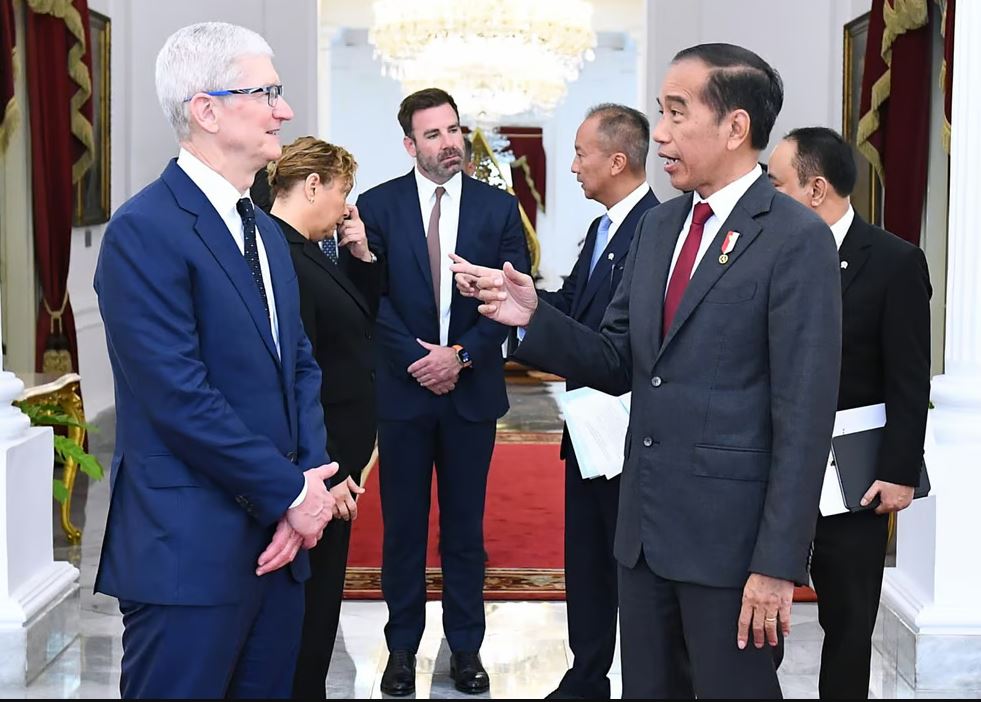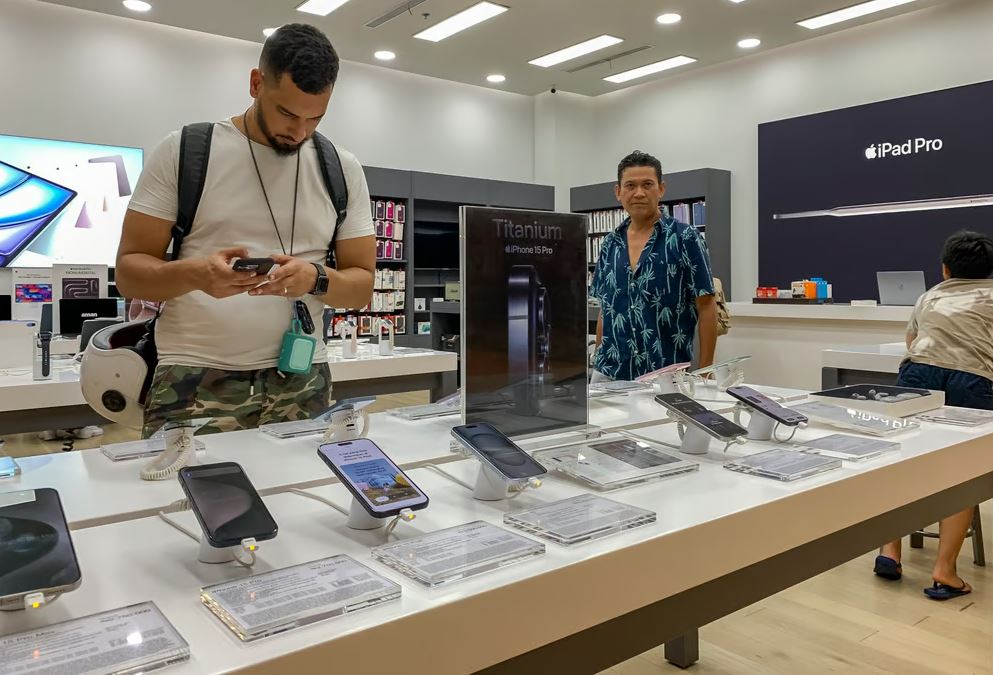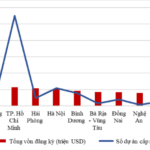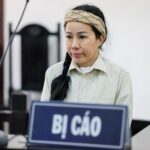Indonesia Rejects Apple’s Investment Offer, Demanding Fairer Terms
According to the South China Morning Post (SCMP) on November 26, Indonesia rejected Apple’s proposed investment of $100 million as it was deemed insufficient to lift the sales ban on the latest iPhones in the most populous market in Southeast Asia.
Indonesia’s Minister of Industry, Agus Gumiwang Kartasasmita, stated on November 25 that Apple’s proposal did not meet the “principles of fairness,” citing the tech giant’s much larger investments in neighboring countries.
Agus drew a comparison between Apple’s investment of approximately 244 trillion rupiah (around $15 billion) in manufacturing facilities in Vietnam, where its market sales reached about 1.5 million units, and its relatively meager investment of 1.5 trillion rupiah in Indonesia, despite selling 2.5 million items there.
“Based on technical assessments, the proposed investment figure [by Apple] has not reached what we consider fair,” said the Indonesian Minister. “We want Apple to resume business [in Indonesia], but we need a fair solution.”
Apple’s investment offer came after Indonesia banned the sales of the new iPhone 16 models in October, citing the company’s failure to meet local content requirements. These requirements mandate that at least 40% of the components of mobile phones and tablets sold in Indonesia be produced locally.
While Apple currently has no manufacturing facilities in Indonesia, it has established research and development centers since 2018 to meet local demands.
However, according to Minister Agus, Apple has fallen short of its commitments. He noted in October that the company had only invested 1.48 trillion rupiah (over $93 million), which was “below the figure committed” in 2023, falling short of the promised 1.71 trillion rupiah.

Apple CEO Tim Cook (left) during a meeting at the Presidential Palace in Jakarta in April with then-Indonesian President Joko Widodo (Photo: EPA-EFE)
Indonesia Seeks Manufacturing Commitment from Apple
Dandy Rafitrandi, an economic researcher at the Centre for Strategic and International Studies in Jakarta, commented that the Indonesian government is likely to stand by the regulations, as they have been applied to other manufacturers.
For instance, Indonesia previously banned the sale of Alphabet’s Google Pixel phones for similar reasons of not using domestic components.
Meanwhile, rival tech companies, such as South Korea’s Samsung and China’s Xiaomi, have made significant investments in manufacturing facilities in Indonesia, as emphasized by Minister Agus. These investments stand at 8 trillion rupiah and 5.5 trillion rupiah, respectively.
The Minister expressed his hope that Apple would send negotiation teams to meet with Indonesian officials, adding that Jakarta’s priority is for the company to establish a manufacturing plant in the ASEAN country.
During his visit to Jakarta in April 2024, Apple CEO Tim Cook mentioned that the company would consider building a manufacturing facility in Indonesia after meeting with then-President Joko Widodo. He also noted in May that Apple had achieved “record-breaking sales in Indonesia.”
However, Apple has not announced any plans to establish a manufacturing base in the country.
Josua Pardede, the chief economist at Permata Bank in Indonesia, opined that the Indonesian government accepting a lower investment figure from Apple could set a precedent that “weakens Indonesia’s bargaining position with other multinational corporations.”
“However, overly stringent requirements may deter foreign direct investment,” he noted.

An Apple store in a shopping mall in Bali, Indonesia, October 2024 (Photo: EPA-EFE)
While Indonesia focuses on boosting domestic production to strengthen its local industries, economic researcher Dandy cautioned that Apple’s development academies are insufficient, noting that they are considered to have a “smaller impact on investment and employment.”
Indonesia’s tech-savvy and vast population have made it an attractive target market for tech investors. Following Tim Cook’s visit, Microsoft CEO Satya Nadella announced a $1.7 billion investment to enhance cloud and AI infrastructure in the country.
“We hope Apple’s issue can be resolved soon as they are also very interested in doing business here,” said Minister of Industry Agus.
The FDI Magnetism Rankings for the First 11 Months of 2024: Bac Ninh Sustains its Top Spot, with a Dark Horse Province Surpassing Ho Chi Minh City to Claim Second Place.
The Foreign Investment Agency (Ministry of Planning and Investment) noted that in the first eleven months of 2024, registered FDI capital continued to rise slightly (1%) compared to the same period last year, albeit at a slower pace, down by 0.9 percentage points from the ten-month period. Notably, November witnessed a substantial surge in investment volume compared to previous months, attracting nearly USD 4.12 billion, accounting for 13.1% of the country’s total investment in the eleven-month period.




















